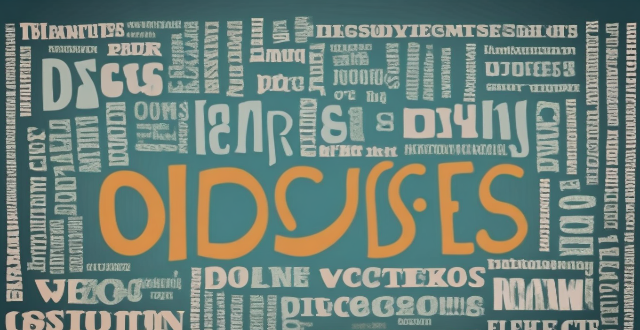The text discusses the challenges in ensuring fair distribution of vaccines, which include production and manufacturing capacity, logistics and supply chain management, allocation and prioritization, political and economic factors, and information and education. These challenges require coordinated efforts at local, national, and international levels to achieve equitable access to vaccines for all people around the world.

Challenges in Ensuring Fair Distribution of Vaccines
Ensuring fair distribution of vaccines is a complex and multifaceted challenge that involves various stakeholders, including governments, healthcare organizations, pharmaceutical companies, and international bodies. The challenges can be broadly categorized into the following areas:
1. Production and Manufacturing Capacity
- Limited production capacity: The global demand for vaccines far exceeds the current production capacity, making it difficult to produce enough doses for everyone.
- Equipment and technology: Advanced equipment and technology required for vaccine production are not uniformly available across all regions, leading to disparities in manufacturing capabilities.
- Raw material shortages: A consistent supply of raw materials is crucial for vaccine production, which can be challenging to maintain amidst global demand surges.
2. Logistics and Supply Chain Management
- Cold chain requirements: Many vaccines need to be stored at low temperatures, necessitating robust cold chain infrastructure for transportation and storage.
- Transportation barriers: Access to reliable transportation systems is essential for timely delivery of vaccines, particularly in remote or hard-to-reach areas.
- Tracking and monitoring: Effective tracking and monitoring systems are needed to ensure that vaccines reach their intended destinations without spoilage or waste.
3. Allocation and Prioritization
- Ethical considerations: Decisions on who should receive the vaccine first raise ethical questions about equity and fairness in distribution.
- Population size and density: Larger populations and densely populated areas may face greater challenges in equitable distribution due to higher demand.
- Healthcare infrastructure: Adequate healthcare infrastructure is necessary to support vaccination efforts, including trained personnel and facilities for administering doses.
4. Political and Economic Factors
- National interests: Governments may prioritize their own citizens over others, leading to tensions between countries in vaccine distribution.
- Financial resources: Wealthy nations may have more resources to secure vaccine supplies, potentially exacerbating inequalities in access.
- International cooperation: Collaborative efforts among nations and international bodies are crucial for ensuring equitable distribution of vaccines worldwide.
5. Information and Education
- Misinformation: Misinformation about vaccines can undermine public trust and willingness to get vaccinated, hindering distribution efforts.
- Education campaigns: Educational campaigns are essential to address vaccine hesitancy and promote acceptance among diverse communities.
- Transparency: Transparent communication about vaccine distribution plans and progress can help build public confidence and support.
In conclusion, ensuring fair distribution of vaccines requires addressing these challenges through coordinated efforts at local, national, and international levels. By working together, we can overcome these obstacles and achieve equitable access to vaccines for all people around the world.